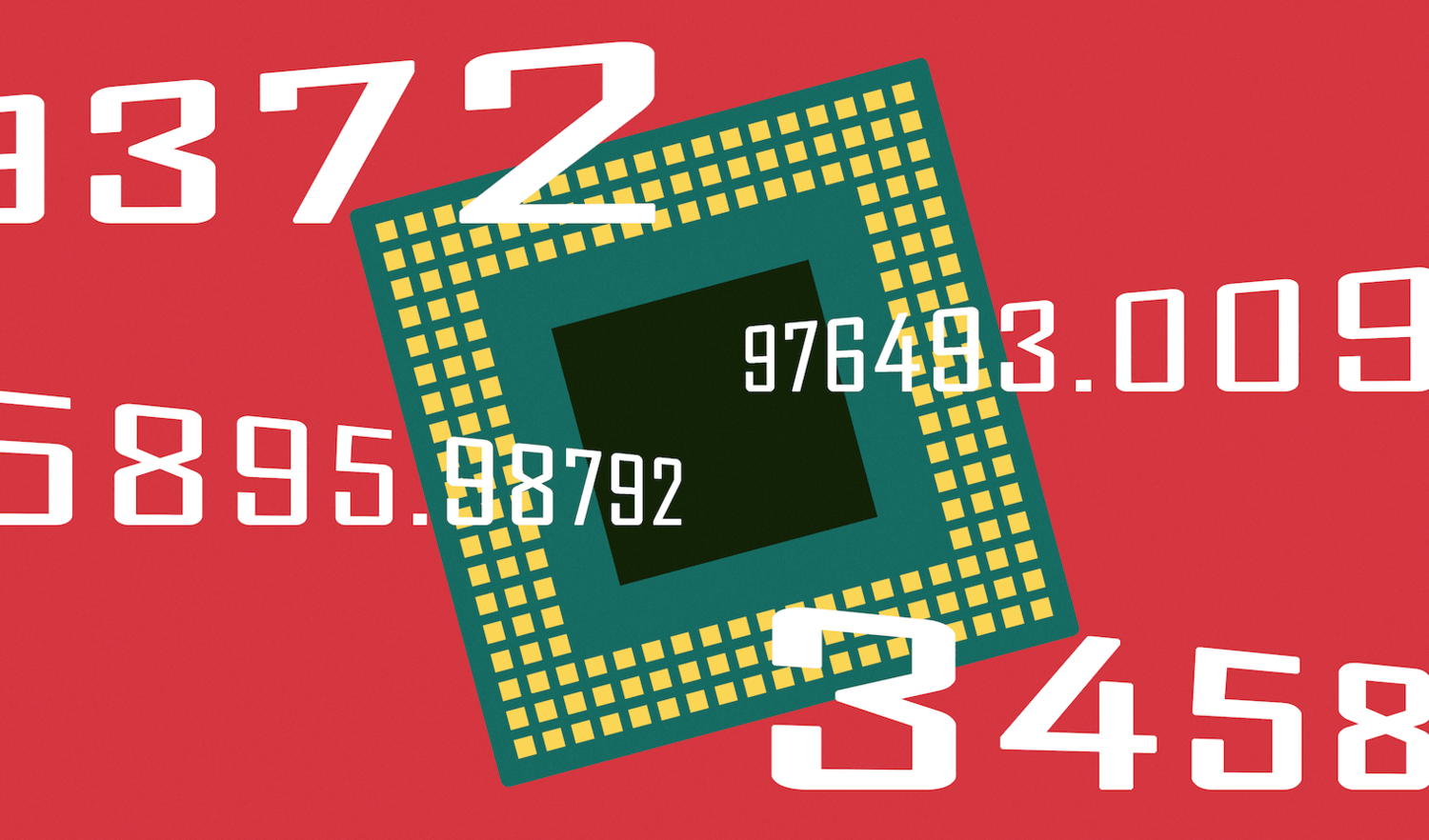Sherlock Holmes
Gold Member
- Jul 1, 2024
- 13,698
- 5,464
- 208
So why do you think it was telling the truth when it said it lied?Good for you. But it said lied.
How do you distinguish between software that has a bug and software that has no bugs but chooses to lie?And gong strictly by logic, and the actual meaning of words, it was correct. Clearly, it did lie.
But you claim it's a liar so what evidence do you have when you say it was "aware" it had been lying?Wrong, according to its own response, It was aware that it had been dishonest.
I told you that fifty posts ago.It may not be “aware” as our wish to use that word.
It might have been telling the truth and only lied when it claimed to be a liar.But anytime we see a person or an AI conceding that it had lied, it makes s minimally “aware” and of that fact.
Your problem is that this is all new to you, but these paradoxical exchanges have been discussed within the AI community for decades and within philosophy for centuries.
A contradiction or paradox does not demonstrates dishonesty. In logic and philosophy and mathematics, we encounter paradoxes. Typically the originate in flawed premises not dishonesty, incorrect assumptions and that's the case here but you won't listen to logic or to me, someone who's very familiar with this aspect of computational systems.
Here's a variant of the problem:
Knights and Knaves - Wikipedia
Did Intel accuse their Pentium of lying when it sometimes made an error? this is probably years before you were born:

The Pentium Chip Error
In 1994, Dr. Thomas Nicely found that the latest Intel Pentium processor did not accurately perform floating point mass on certain sets of numbers.
Last edited: